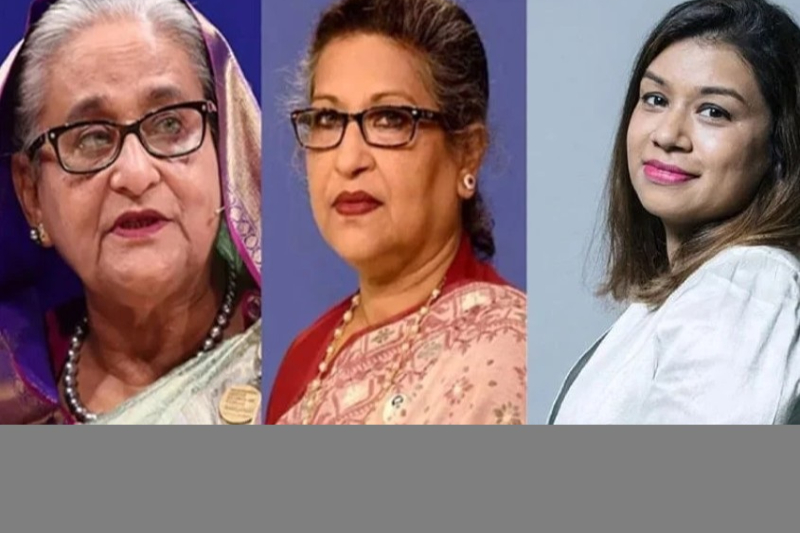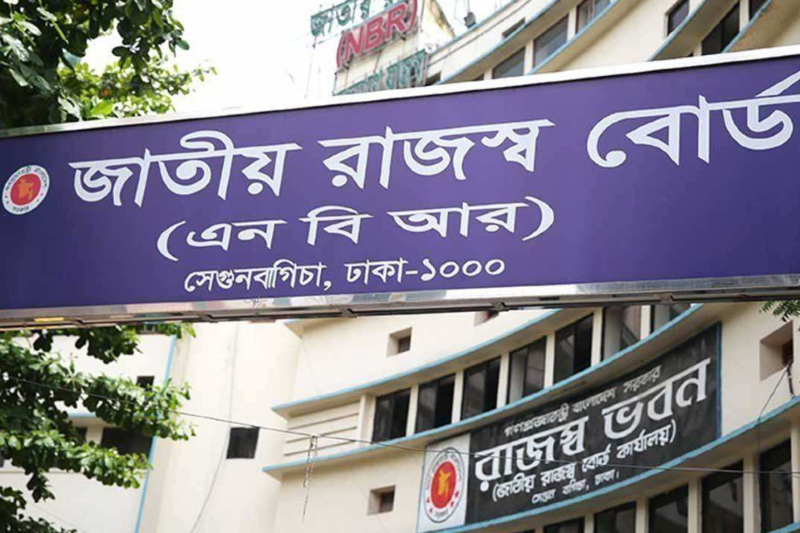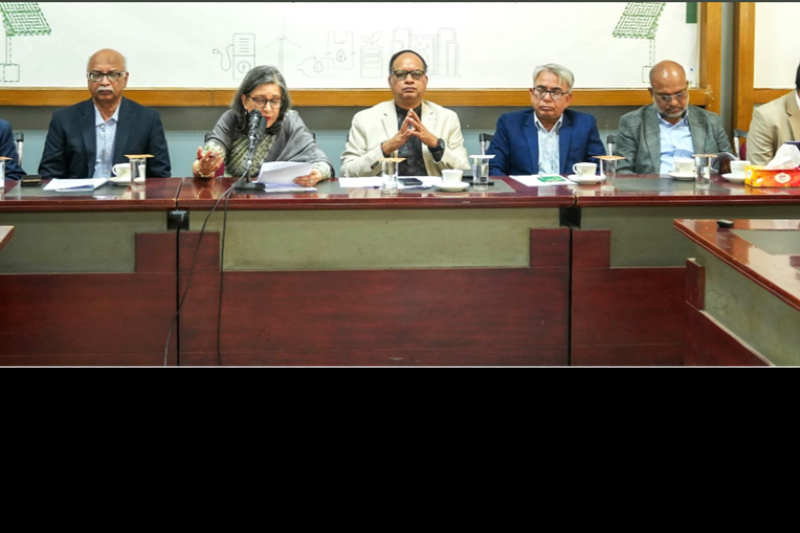Verdict on Hasina, Rehana and Tulip graft Case Dec 1

Bangladesh: A Dhaka court has fixed December 1 for delivering the verdict in a high-profile corruption case against ousted Prime Minister Sheikh Hasina, her sister Sheikh Rehana, her niece and British MP Tulip Siddiq, and 14 others.
The case, filed by the Anti-Corruption Commission (ACC), centers on allegations that Rehana was unlawfully allocated a 10-katha plot in Purbachal New Town through abuse of state power.
Judge Md. Rabiul Alam of Dhaka’s Special Judge Court-4 scheduled the verdict after completing arguments from both prosecution and defence on Tuesday (November 25), court official Belal Hossain confirmed.
Allegations and Evidence
According to case documents and witness testimony, Sheikh Hasina — then serving as Prime Minister — allegedly misused her authority to grant the Purbachal plot to her sister through fraudulent means.
Prosecutors argue that Rehana applied pressure for the land allocation and later secured it using a false affidavit.
The ACC presented testimony from 32 witnesses, along with documents such as forged declarations, illegal directives, and other evidence. Based on the materials submitted, state lawyers say the main accused could face life imprisonment.
Witness accounts also revealed that Tulip Siddiq exerted influence on the then–Prime Minister, urging her to allocate the plot in her mother’s name.
Although Tulip did not receive any land herself, prosecutors say her alleged misuse of influence makes her a key accused in the case.
Defence Argument
The only accused currently in custody, former RAJUK official Khorshed Alam, argued through his lawyer that he had simply followed orders from his superiors as a government employee.
Earlier War Crimes Verdict
This development comes shortly after a landmark ruling by the International Crimes Tribunal-1 on November 17, which sentenced Sheikh Hasina to death on two counts related to the July Uprising. The 453-page judgment concluded that the charges against all three accused were proven beyond doubt.
Alongside Hasina, former Home Minister Asaduzzaman Khan Kamal also received a death sentence on one charge, while former Inspector General of Police Chowdhury Abdullah Al-Mamun, who testified as a state witness, was handed a five-year prison term.
With the corruption case verdict now scheduled for December 1, Bangladesh’s political landscape faces another pivotal moment as the courts prepare to rule on allegations involving some of the country’s most influential political figures.












